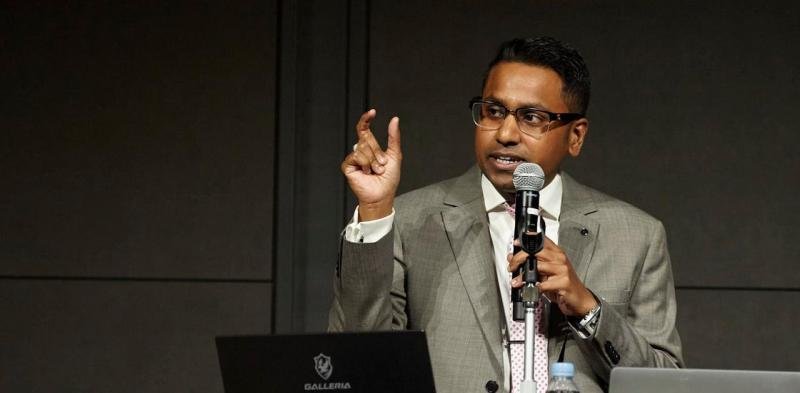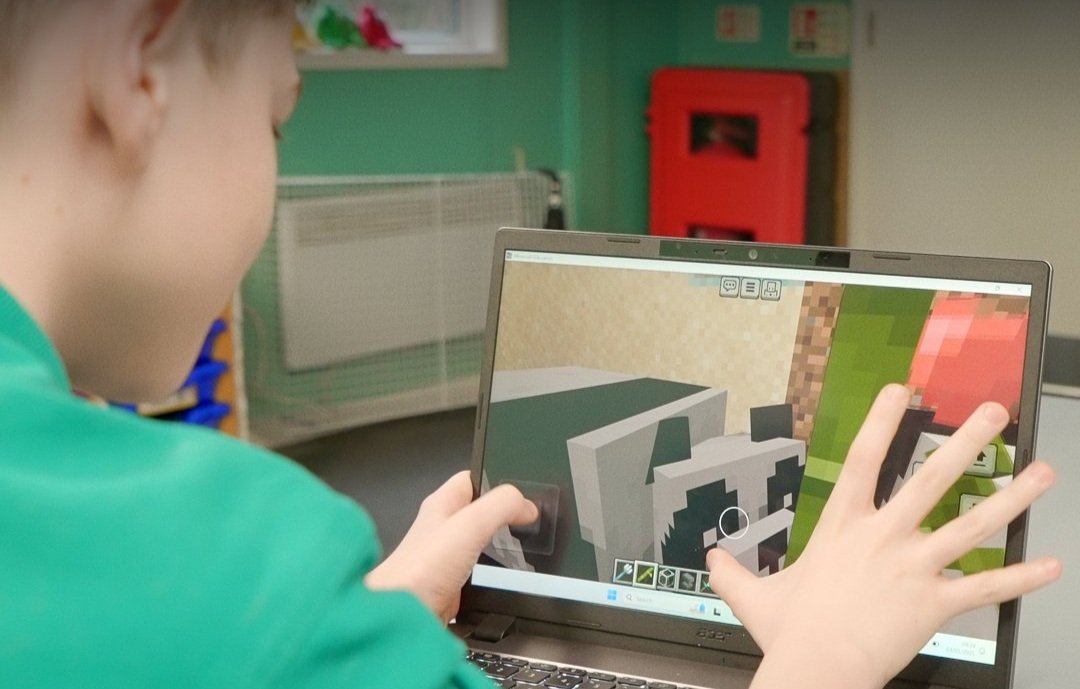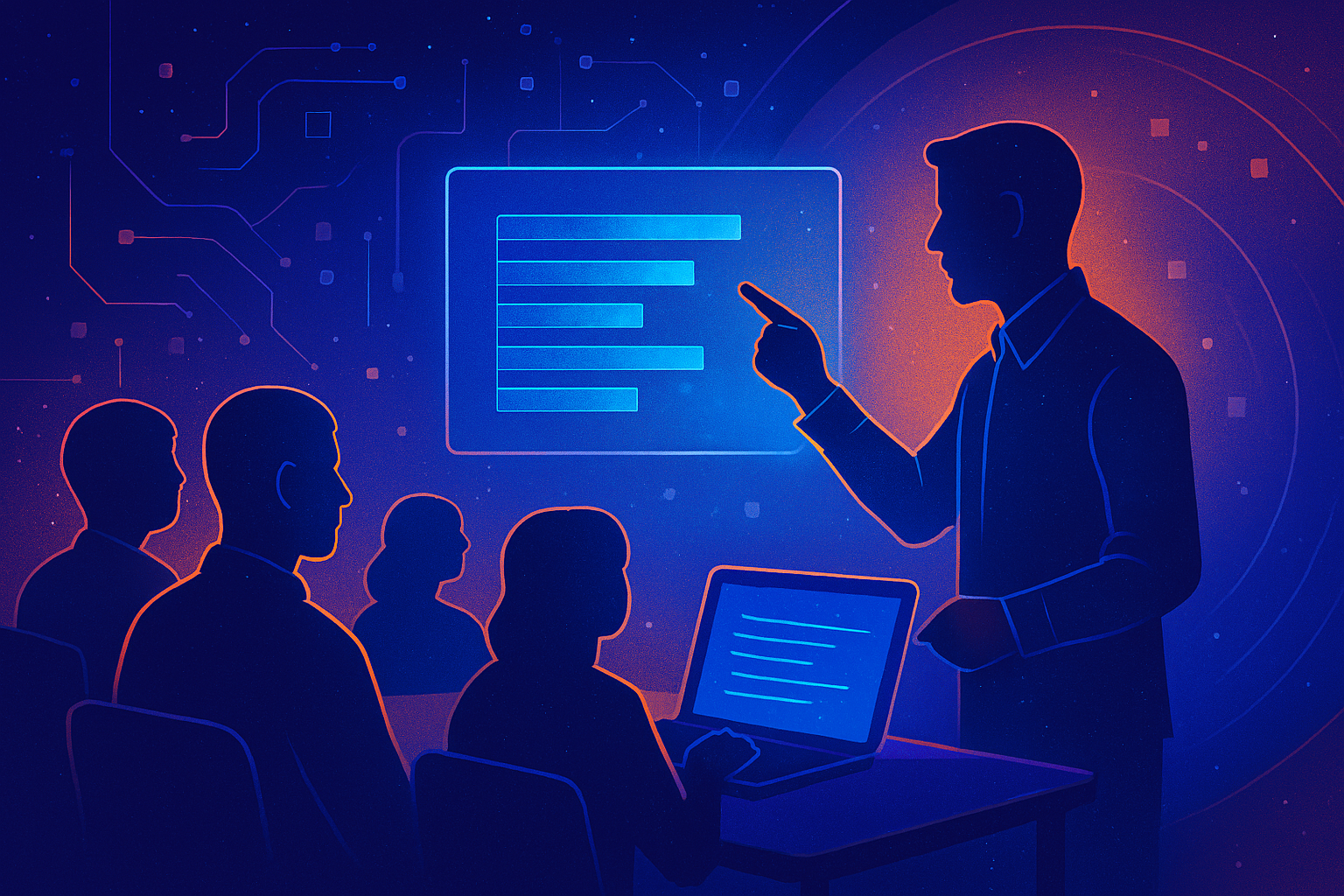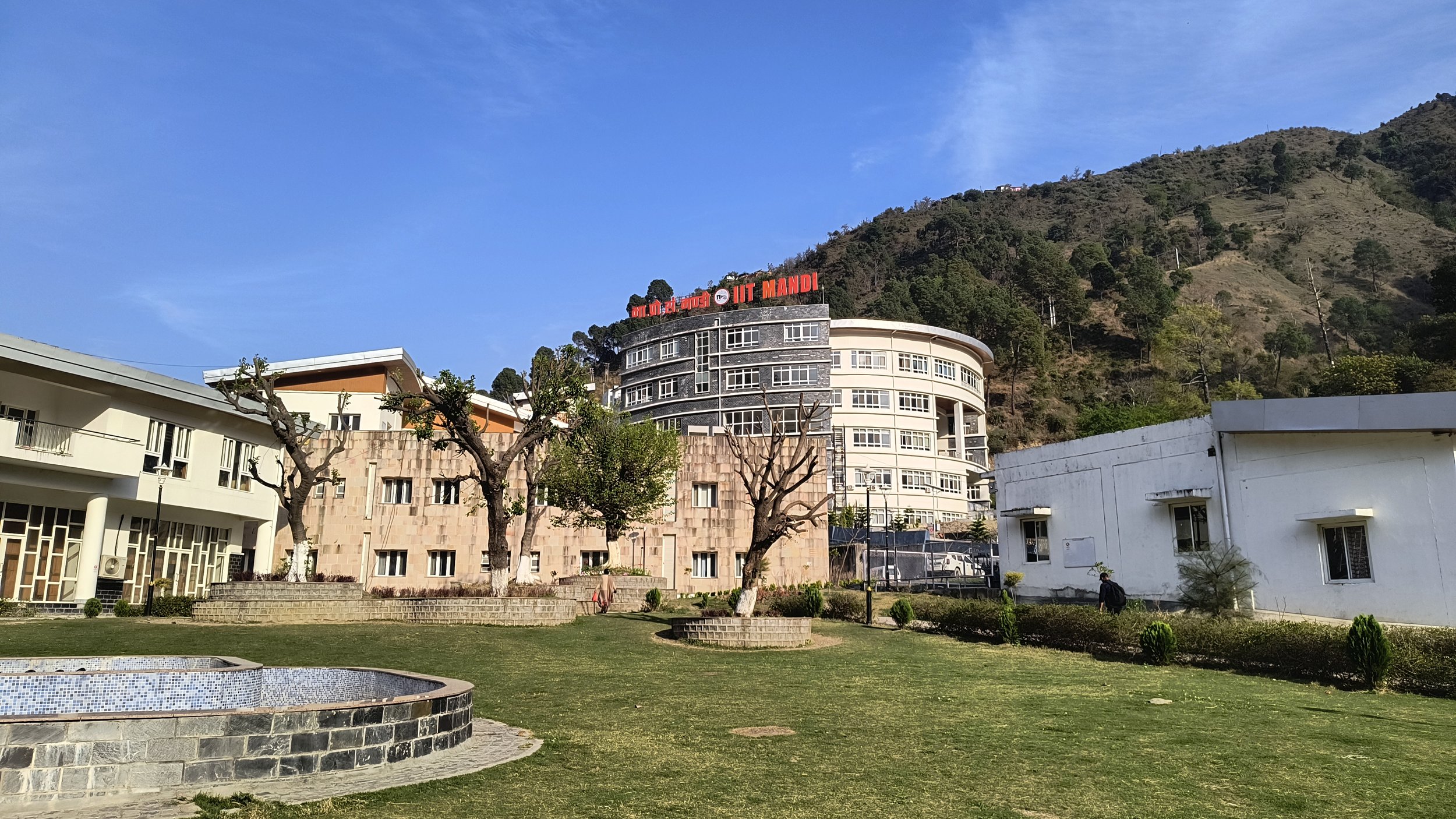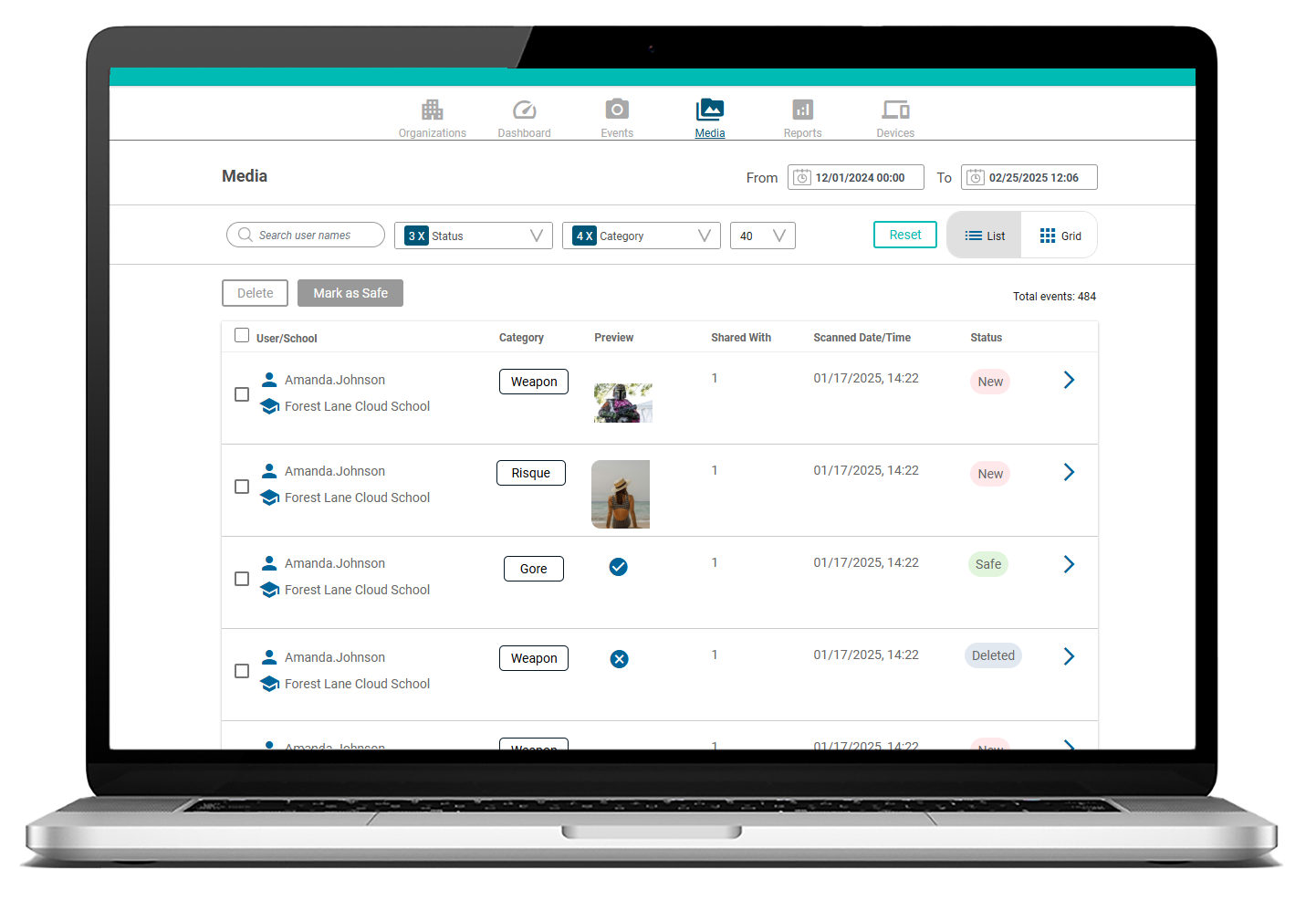Jus Mundi and Stanford’s CodeX team up to launch global legal AI Hackathon series

Legal technology firm Jus Mundi has teamed up with Stanford University's CodeX Center for Legal Informatics to accelerate AI development in international law and arbitration.
The collaboration will focus on research and hands-on experimentation through a series of global hackathons, starting at Stanford on April 6, 2025.
LLM x Law Hackathon will be hosted as part of CodeX’s 20th Anniversary and marks the fifth edition of the university’s legal innovation gathering. It is designed to bring together lawyers, academics, and technologists to explore how AI tools can streamline legal workflows such as research, drafting, translation, and analysis.
Stanford Hackathon kicks off global series
The Stanford event is the first in a broader series that includes scheduled hackathons at Cambridge University (June 22), Singapore Management University (October 11), and a final event in Paris at the end of 2025. These events aim to develop and refine Jus Mundi’s AI assistants using real-world legal data and practitioner input.
Jean-Rémi de Maistre, CEO and Co-Founder of Jus Mundi, said:
“At Jus Mundi, we believe the future of law lies at the intersection of legal expertise and AI-driven innovation. With Jus AI, we are transforming how legal professionals conduct research, draft documents, translate materials, and analyze intricate legal issues. Our collaboration with CodeX allows us to push the boundaries of AI in law, accelerating R&D and unlocking new possibilities for the legal industry.”
Focus on AI in arbitration and legal research
By teaming up with CodeX, Jus Mundi aims to address specific needs in areas such as arbitration, which often require customized legal tools and multilingual capabilities. The hackathons are intended to act as incubators for AI-powered legal solutions, encouraging cross-disciplinary innovation.
Megan Ma, Associate Director at Stanford CodeX, added:
“We are thrilled to establish an affiliate relationship with Jus Mundi. They represent a growing interest and need for specialized tooling – capable of meeting the needs of unique practices like arbitration. We look forward to innovating and pushing the boundaries of interdisciplinary collaboration together.”

